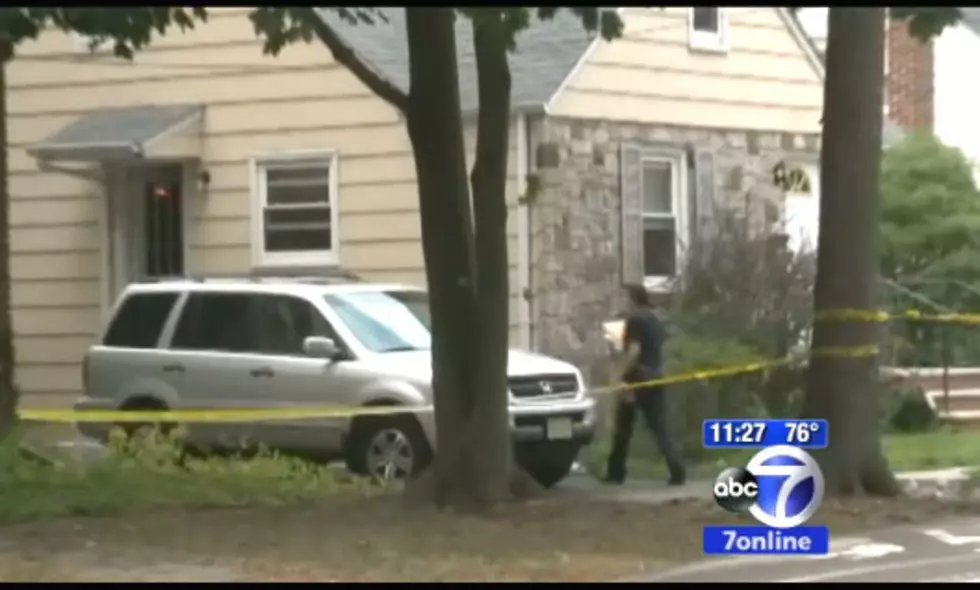
NJ’s mayors hear from experts on crime reduction
A conference convened Wednesday by the mayors of New Jersey's three largest cities to discuss sharing resources to combat violent crime took a hard look at policing practices that some experts said exacerbate the problem.
The one-day summit at Rutgers-Newark University featured law enforcement representatives from the local, state and federal level, elected officials and criminal justice scholars. It was the brainchild of Newark Mayor Ras Baraka, Jersey City Mayor Steven Fulop and Paterson Mayor Jose Torres, all of whom are attempting to fight the scourge of violent crime in their cities.
While the afternoon session was to focus on specific strategies the cities can implement such as information sharing, the morning session open to reporters featured presentations by criminal justice experts that focused on the effects of violent crime and law enforcement's response to it.
David Kennedy, director of John Jay College's Center for Crime Prevention and Control, noted that the vast majority of violent crimes -- as much as 70 percent -- are committed by about 1 percent of a city's residents, who are connected to the drug trade through street gangs.
"They'd be safer on the ground fighting in Afghanistan than walking the streets," he said. But he added that the concentration of violent crime among a relatively small number of individuals can allow local law enforcement to target its efforts rather than conduct large-scale sweeps of high-crime areas.
Others spoke of the debilitating effects of aggressive policing in minority neighborhoods, and the distrust and resentment it engenders. The "broken windows" approach, which focuses on so-called quality-of-life offenses such as loitering, public drunkenness or minor drug possession as a way to keep potentially violent criminals off the street, also drew criticism.
An area of a city can be characterized as high-crime simply because officers make more arrests for those types of crimes there, Kennedy said, which can lead to continued crackdowns that can destroy the social fabric of a neighborhood.
Baraka agreed.
"We have to have a police strategy that's focused on the 1 percent we keep talking about as opposed to this big net," he said. "The net is causing trouble for all of us. We throw a net out and grab as many people as we can get, we start stopping and frisking, we start racial profiling and that damages the relationship police have with the community, and at the worst end of that you get something like Ferguson," Missouri, a St. Louis suburb where an unarmed black 18-year-old was fatally shot by a white police officer last month.
(Copyright 2014 The Associated Press. All rights reserved. This material may not be published, broadcast, rewritten or redistributed.)
More From New Jersey 101.5 FM









